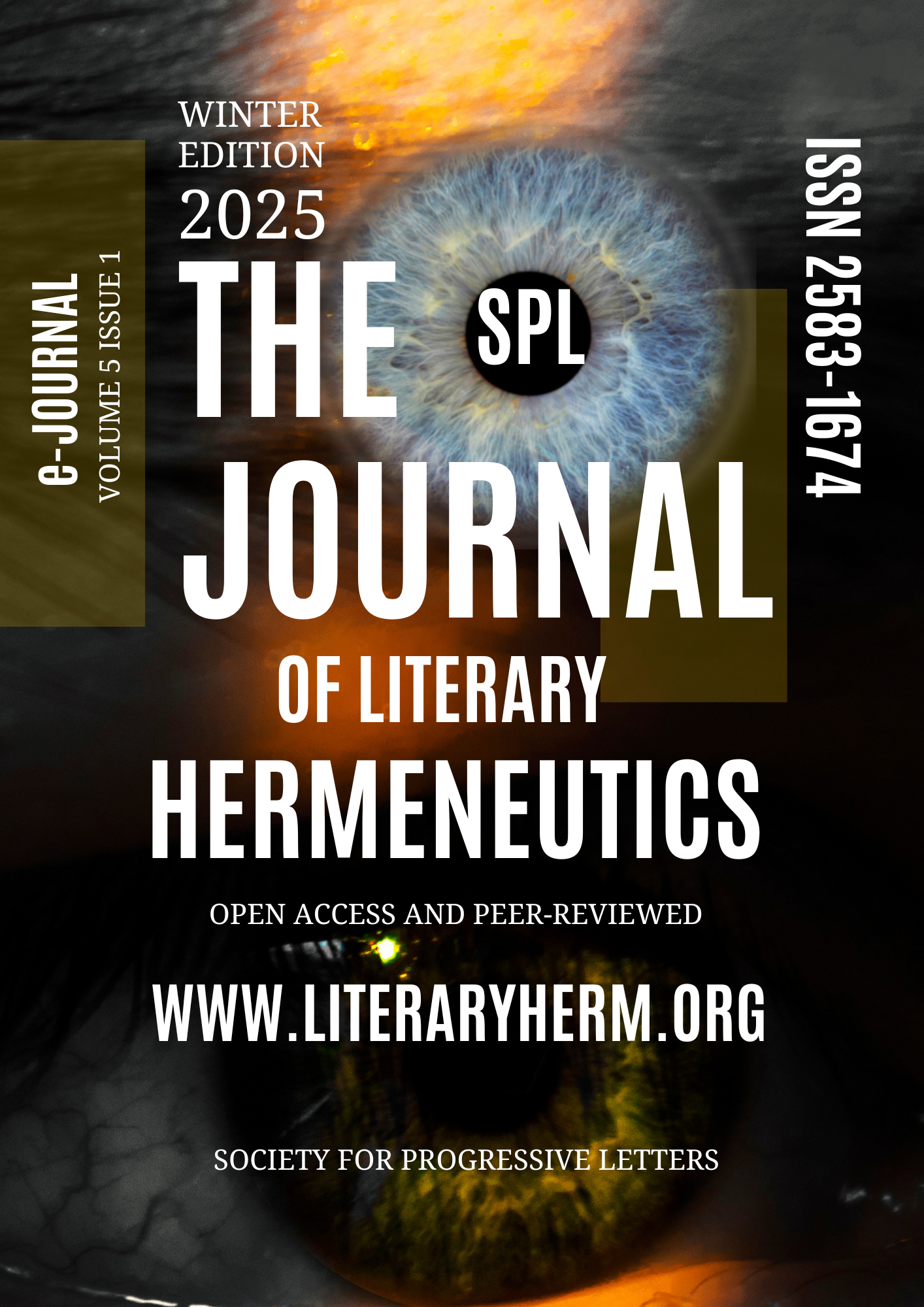Locating “Home” in a Liminal Space: A Decolonial Reading of The Black Hill and Sky is My Father: A Naga Village Remembered
Keywords:
Home, Decoloniality, Indigenous home-making practices, Ethno-spirituality, Northeast Indian LiteratureAbstract
Aims: The paper Locating “Home” in a Liminal Space: A Decolonial Reading of The Black Hill and Sky is My Father: A Naga Village Remembered explores Indigenous notions of home and belonging. Both novels evoke a strong sense of place while challenging colonial ideologies. Indigenous concepts of home are deeply tied to unique ontologies and epistemologies, viewing home as an interconnected space of emotional, spiritual, and social well-being rather than merely a physical structure. This contrasts with the Western perspective, which often separates these aspects, emphasizing the relational and cultural significance of home.
Methodology and Approaches: The study employs a qualitative and historical approach, analyzing how India’s Northeast was historically shaped through the colonial encounter, which influenced its inhabitants’ identities. The research situates Mamang Dai’s and Easterine Kire’s novels within a broader postcolonial framework, incorporating historical, socio-cultural, and ethno-spiritual perspectives.
Outcome: These Indigenous narratives counter colonial stereotypes that depict the tribal world as chaotic, primitive, and unstructured. Instead, they reveal a deeply spiritual worldview centered on harmonious coexistence between the physical and spiritual realms. Another objective is to present Northeast India as a fluid, interconnected space, highlighting the Indigenous struggle for identity recognition.
Conclusion and Suggestions: While the article critiques colonial misrepresentations, it does not advocate for essentializing old traditions. It acknowledges the dangers of Western hegemony but also cautions against extreme decolonial perspectives that reject all Western thought, leading to new forms of exclusion. Examples include Hindu chauvinism at the national level and ethnic essentialism at the regional level. A balanced approach is necessary, ensuring both ethnic assertion and openness to external influences.
Downloads

Published
How to Cite
Issue
Section
Copyright (c) 2025 PF John Bosco

This work is licensed under a Creative Commons Attribution-NonCommercial 4.0 International License.












